Hi so Im fairly new to C.
Basically what I am asking is this:
So I have a 2-D char array, that is representing a list of strings (char array[size][20]).
I then have another string, which I am representing as a char pointed (char *word).
What I want my function to do, is to go through each of the strings in my array, and if it finds the word to return 1.
However Im quite confused about pointers, so I'm not sure how to write this. I started with just using a for loop, going through the lines of the array. And then if(word = array[i]) return 1. But this doesn't work for me.
I hope this made sense, if not I will try explain again. And I'll greatly appreciate any answers. I dont really need code. Just a step in the right direction.
